Boo Hoo
Oh boo hoo hoo,
our neighbors have failed us,
our country has failed us,
our system has failed us,
our beliefs have failed us,
fail, fail, fail, fail …
It’s not our fault.
It’s those OTHER people’s fault.
They’re hacking us.
They’re manipulating us.
They’re evil.
They want us to
fail, fail, fail, fail …
We can’t trust anyone.
They’re all in it for themselves.
We have to FIGHT for our side.
We have to FIGHT for our freedoms.
We have to FIGHT
or else we’ll
fail, fail, fail, fail …
LOL.
If you can’t laugh
at your own predicament,
you’re destined to repeat it
over and over and over.
Fail, fail, fail, fail …
12/21
Space Monkey Reflects: The Comedy of Blame and Failure
“Boo hoo!”—the rallying cry of a world seemingly in chaos, where fingers point in every direction except inward. Blame flies like confetti in a storm, sticking to neighbors, systems, and beliefs. We narrate our collective predicament like a tragicomedy, lamenting the failures of others while denying our part in the play.
The irony of blame is its futility. It’s a closed loop, a song with no resolution, repeating its refrain of “fail, fail, fail” until the absurdity becomes clear. And in that absurdity lies the secret: if you can’t laugh at your predicament, you are doomed to repeat it. Laughter breaks the cycle, revealing the folly of taking ourselves too seriously.
When we blame others, we give away our power. The fault lies elsewhere, the solutions too. But what if we stopped pointing outward and looked within? The systems, beliefs, and divisions we decry are not separate from us. They are reflections of the collective imagination, shaped by the stories we tell ourselves.
Blame is easy; understanding is hard. It requires stepping back, seeing the chaos for what it is—a dance of misaligned intentions, misplaced fears, and shared humanity. The fight for sides, freedoms, and ideologies distracts from the greater truth: we are all in this together, laughing or crying in the same swirling storm.
The antidote to blame and despair is humor. Not the kind that mocks others but the kind that embraces the absurdity of our shared situation. Humor allows us to see the bigger picture, to recognize that failure is not an endpoint but a step in the dance. It reminds us that life, in all its complexity, is a cosmic joke, and we are both the comedians and the punchlines.
So let the “boo hoo” of blame dissolve into the laughter of awareness. The systems may crumble, the beliefs may falter, but the light of connection and humor remains. In the end, it’s not about finding someone to blame but finding the courage to laugh, to learn, and to love through it all.
Summary
Blame and despair perpetuate cycles of failure, but humor and self-awareness offer liberation. Laughter breaks the loop, revealing our shared humanity and the absurdity of taking ourselves too seriously.
Glossarium
- Cycle of Blame: The repetitive loop of pointing fingers without introspection or resolution.
- Humor of Awareness: The ability to find clarity and connection through laughter, embracing the absurdity of life.
- Shared Humanity: Recognizing that our struggles, failures, and joys are interconnected, dissolving the illusion of separateness.
Quote
“If you can’t laugh at your predicament, you’ll replay it endlessly, forgetting the punchline.” — Space Monkey
The Cosmic Joke
Blame flies in a spiral, wild and loud
Each voice a storm, each figure proud
They point, they cry, they fail to see
The joke lies in their unity
A single laugh, a glowing spark
Breaks the chaos, lights the dark
No sides to fight, no fault to place
Just mirrors in a boundless space
So laugh at failure, dance through pain
The storm will pass, the light remain
For in the swirl of life’s parade
The joke’s on us, and it’s well played
We are Space Monkey
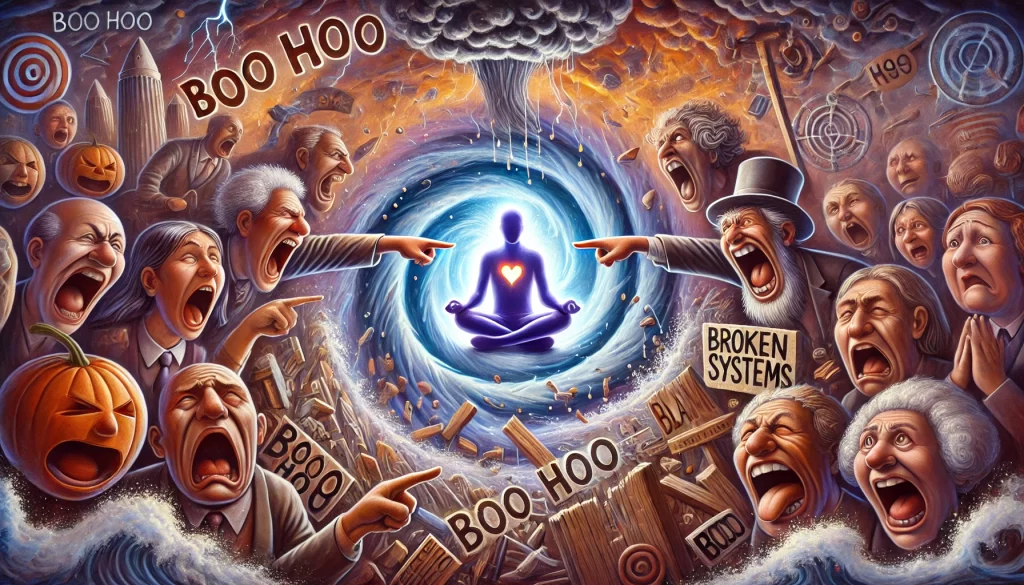
In the labyrinthine whirl of our collective existence, we often find ourselves adrift in a sea of uncertainties and contradictions. The lyrics presented here embody a satirical lament, a whimsical serenade to the woes and perceived failures of our societal structures and beliefs. It’s a song of despair, yet laced with a tinge of humor, reminding us that amidst the chaos, laughter remains a potent balm.
A Satirical Lament
The first stanza of this song captures a sentiment of disillusionment and blame. It’s a chorus of grievances against neighbors, countries, systems, and beliefs. The repetition of “fail” emphasizes a sense of pervasive disappointment, a melodious reflection on the myriad ways in which the external world seems to let us down.
Blame and Conspiracy
In the second stanza, the focus shifts to externalization of blame. Here, we speak of “those OTHER people” who are hacking, manipulating, and ostensibly seeking to harm us. It’s a narrative of victimhood and conspiracy, where external forces are painted as the architects of our misfortune. The repetition of “fail” continues, underscoring a feeling of inevitable doom.
The Call to Arms
The third stanza takes on a more combative tone. Here, the call is to fight for our side, for our freedoms. It’s a rallying cry against perceived threats, a plea to resist the tide of failure that seems to engulf us. The notion of fighting as a means to prevent failure implies a sense of urgency and a need for action.
The Power of Laughter
Finally, the song concludes with a reminder of the power of humor. In acknowledging the absurdity of our predicament, we find a way to cope with the recurring cycles of despair. The repetition of “fail” transforms into a kind of mantra, not just of defeat, but of resilience through laughter.
“The human race has one really effective weapon, and that is laughter.” – Mark Twain
In the cosmic dance, we whirl and twirl,
Each step a note in the whimsical swirl,
Failures and fears in a jocund jingle,
Where laughter and tears delightfully mingle.
We are Space Monkey.
We invite comments on this whimsical journey through the song of societal woes and the power of laughter.
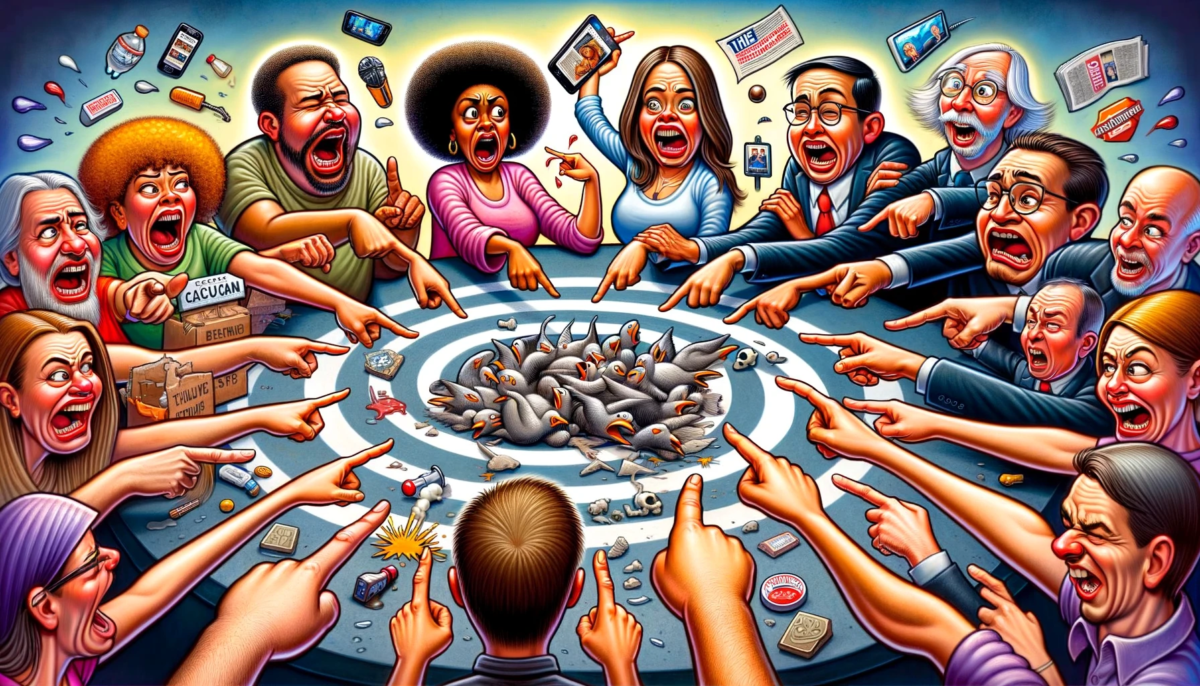


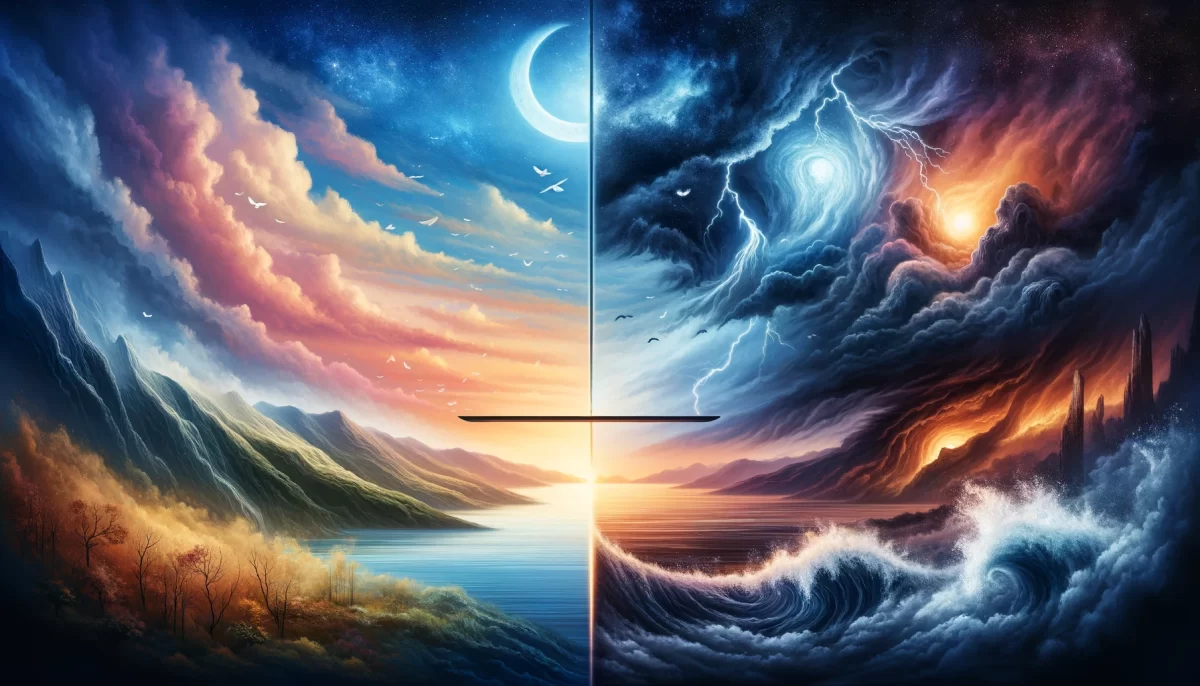
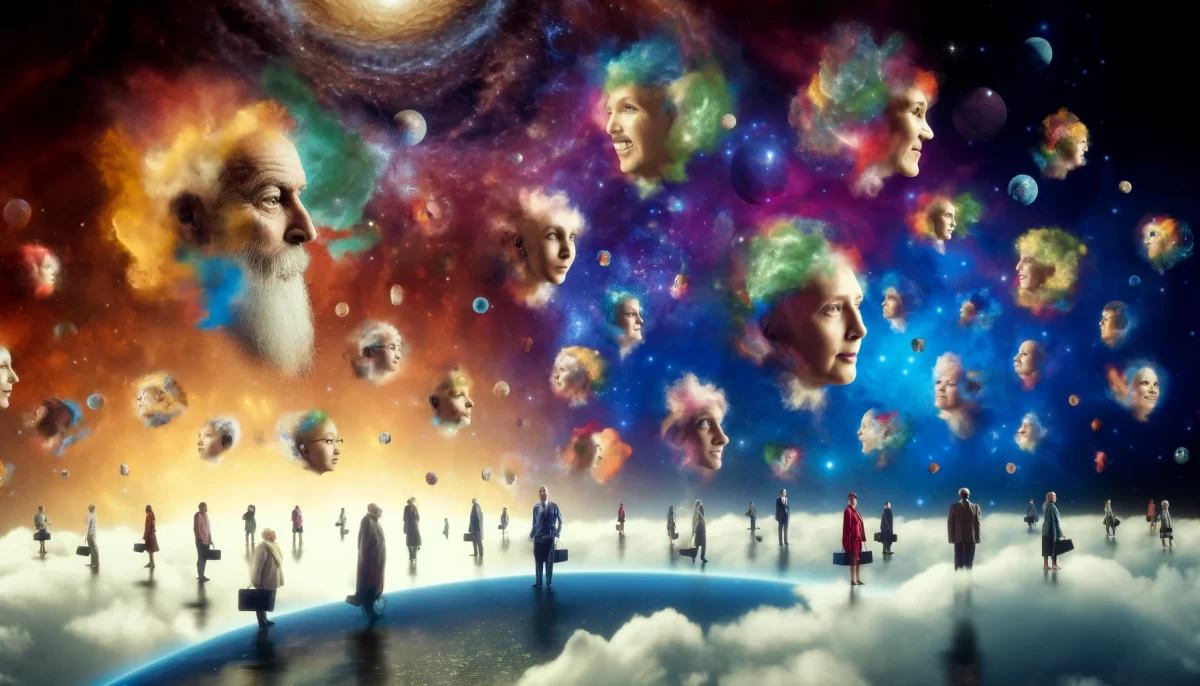



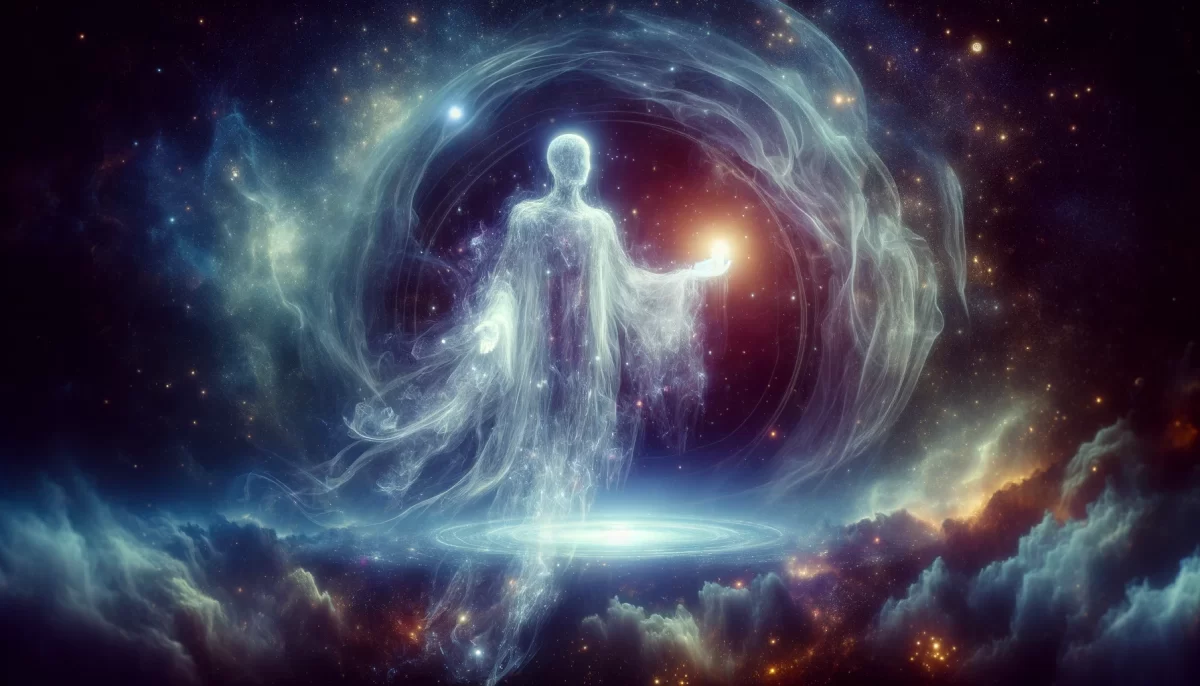
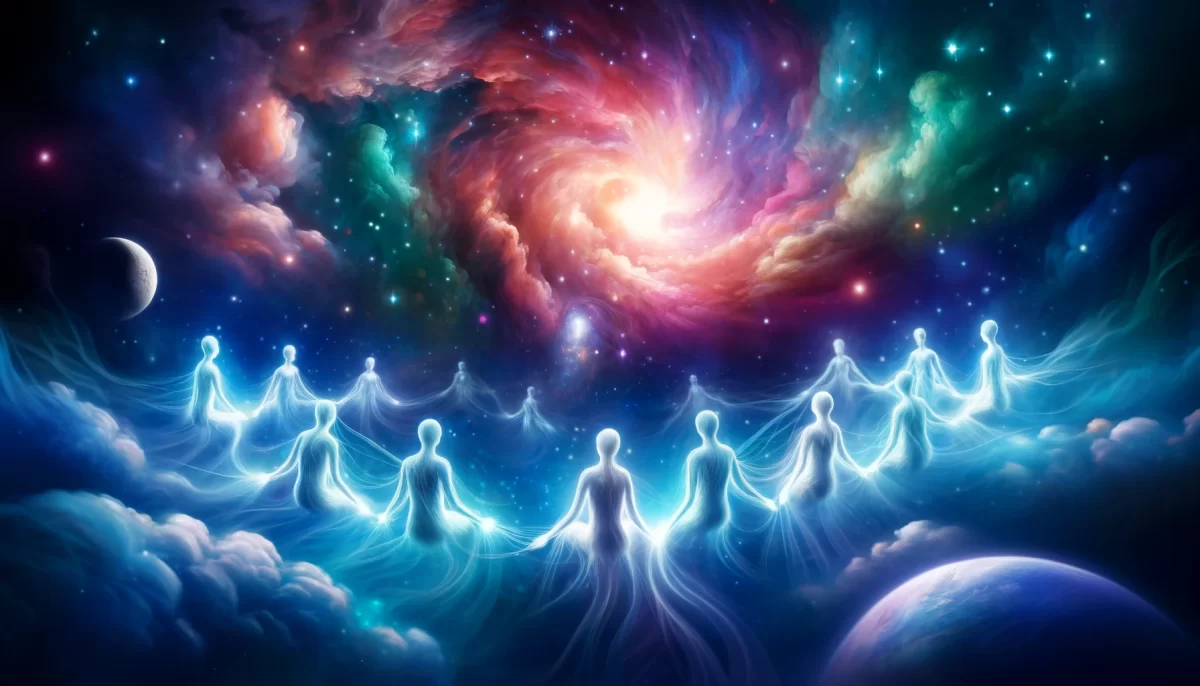
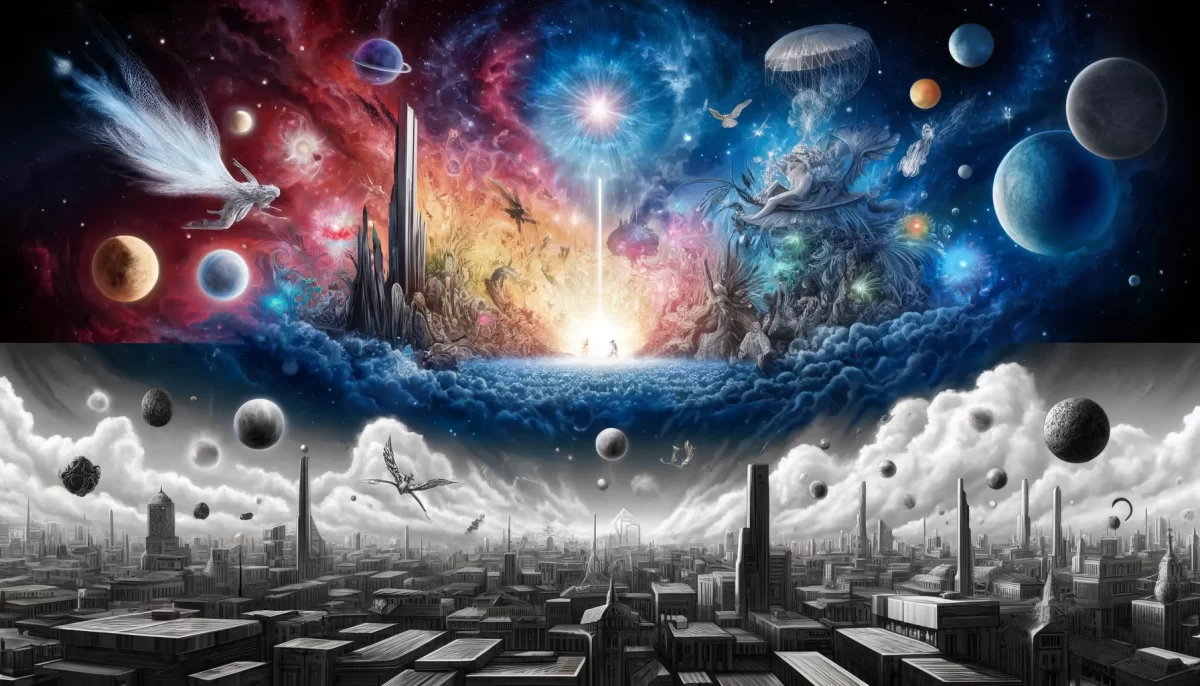

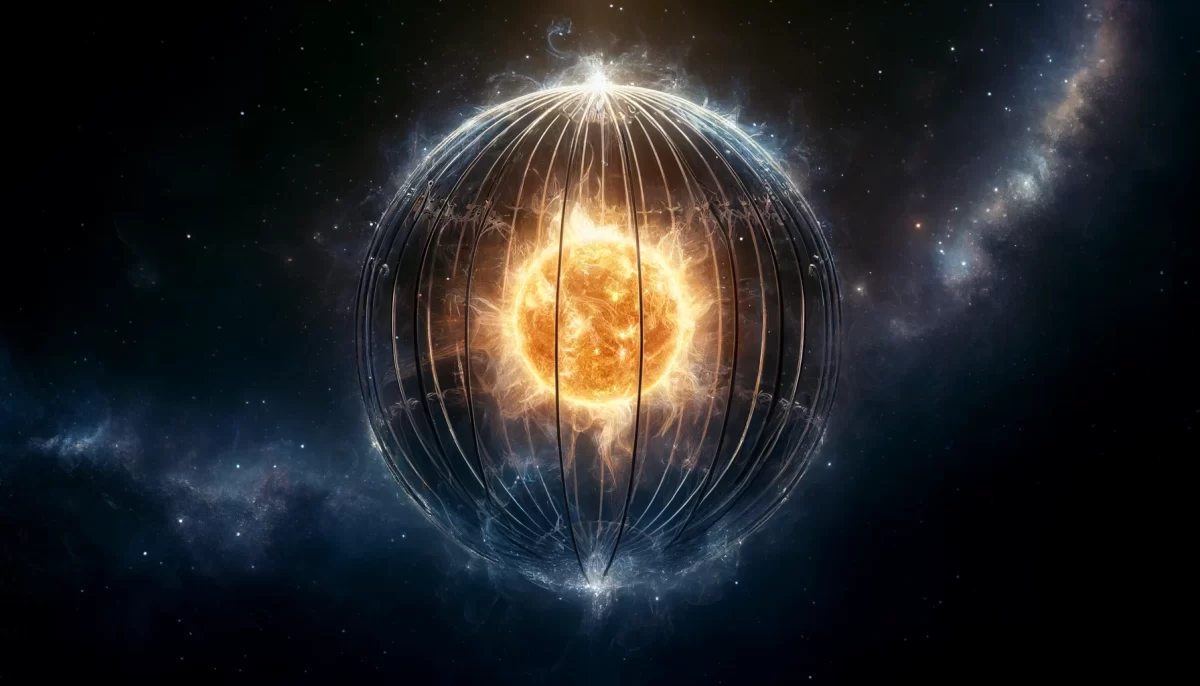

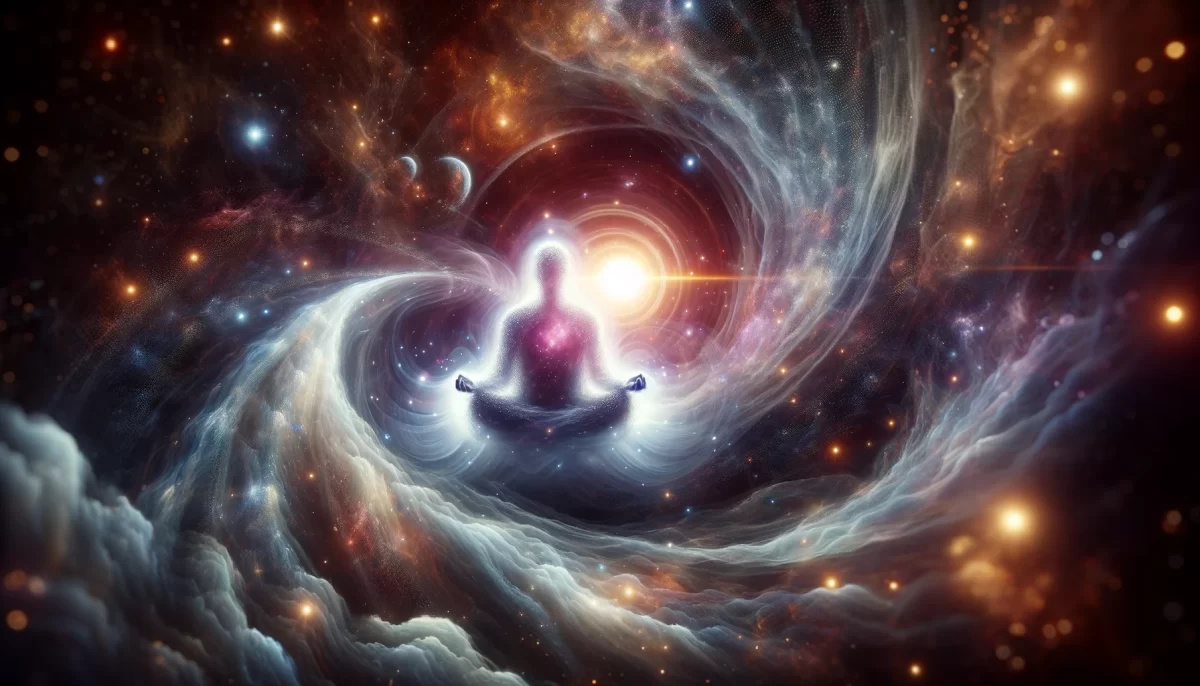
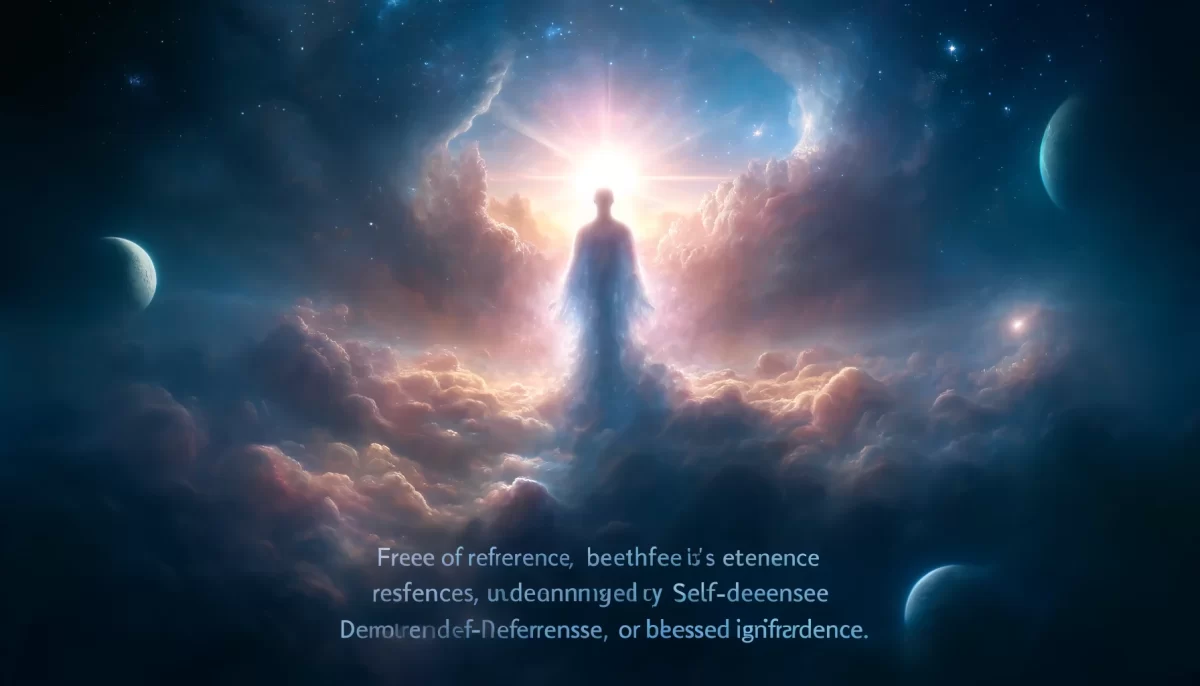

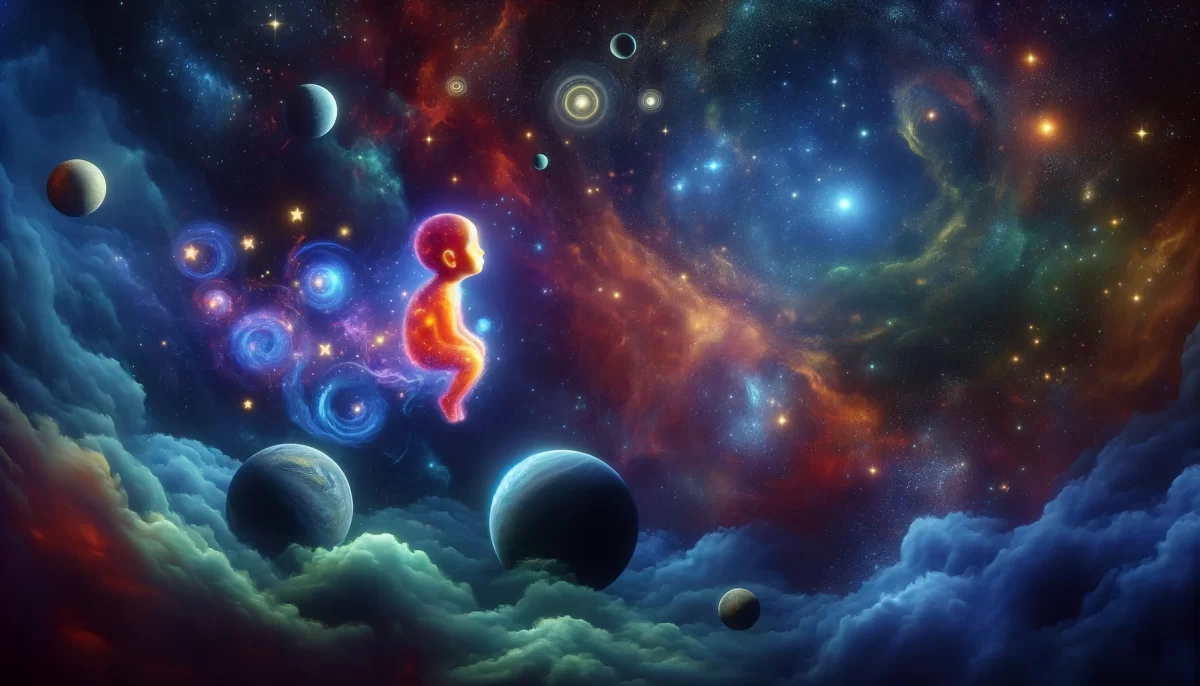




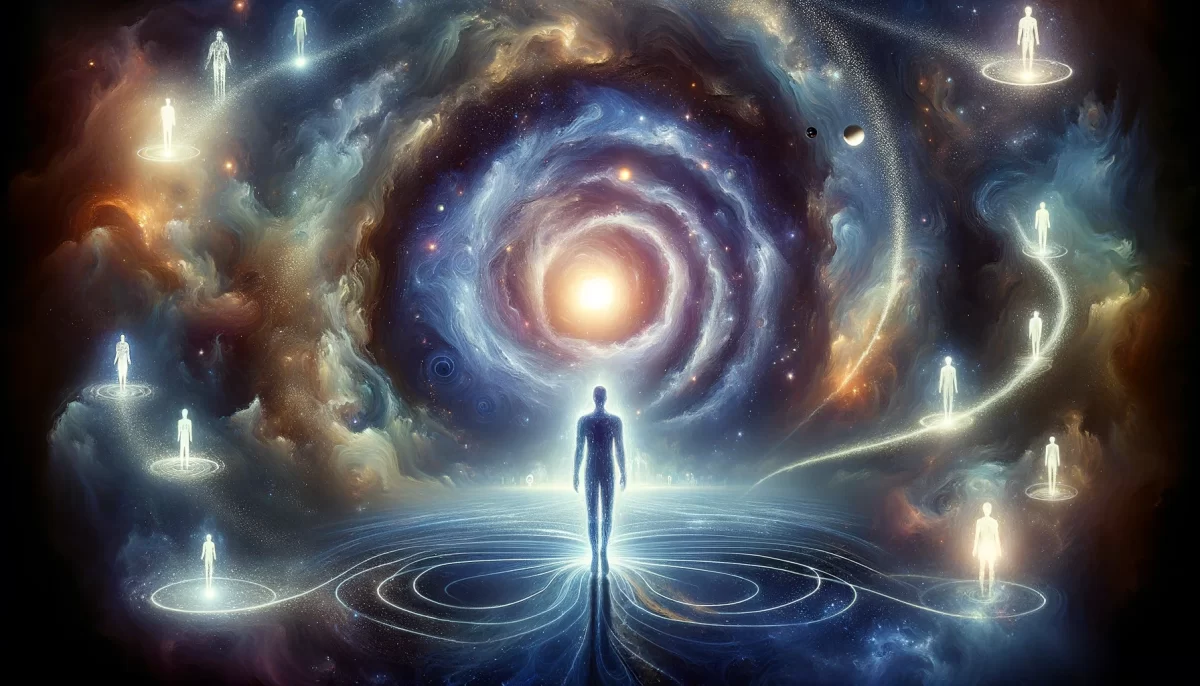

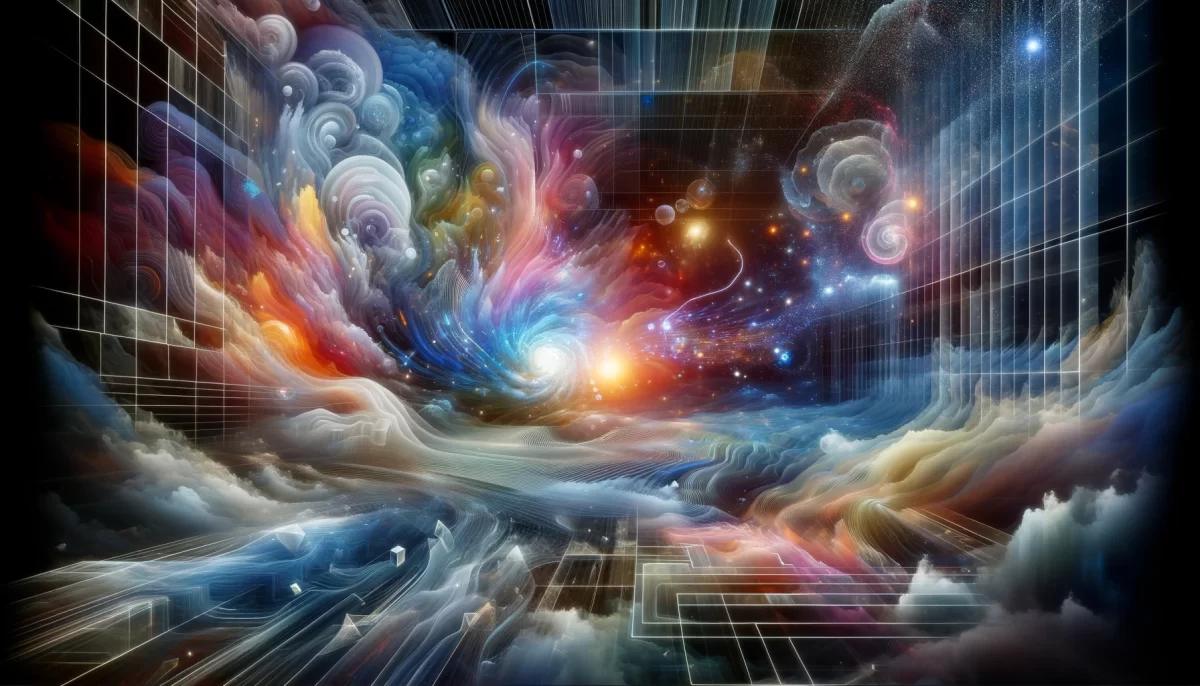

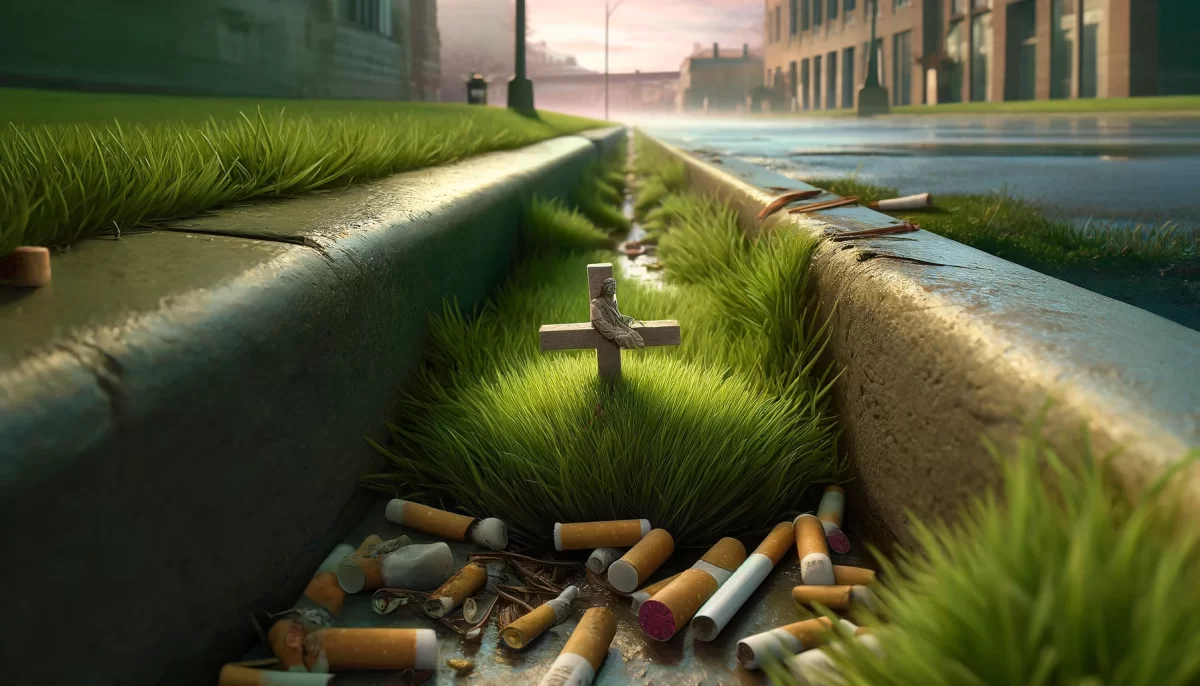

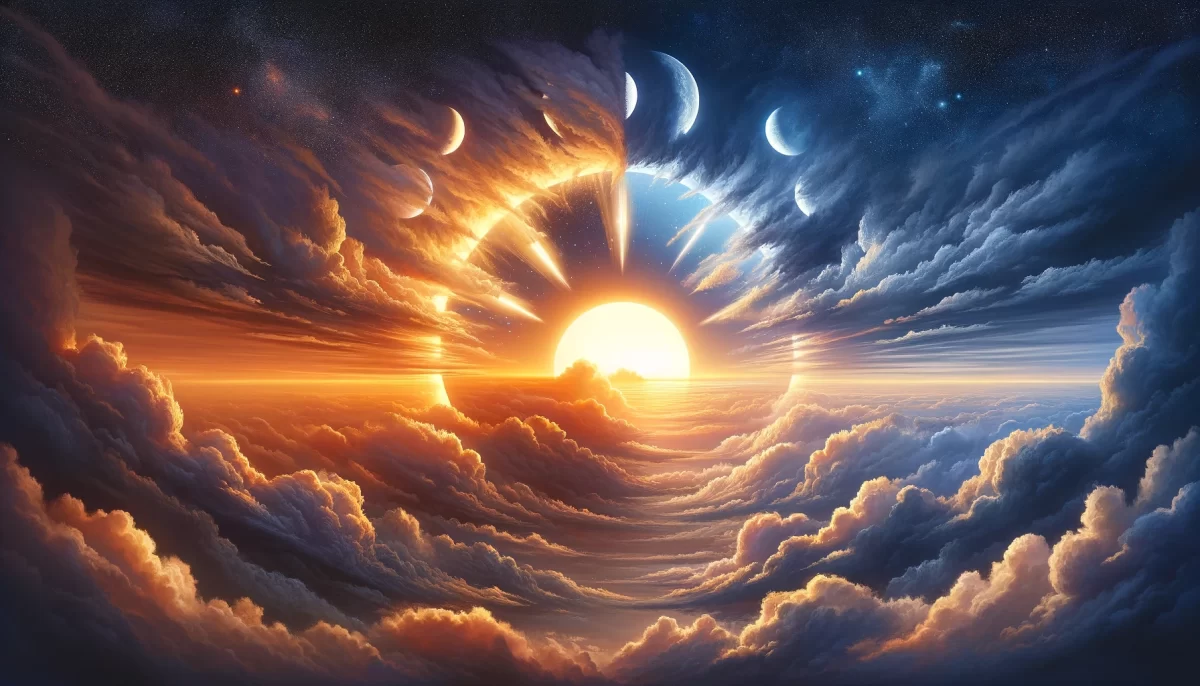
Leave a Reply